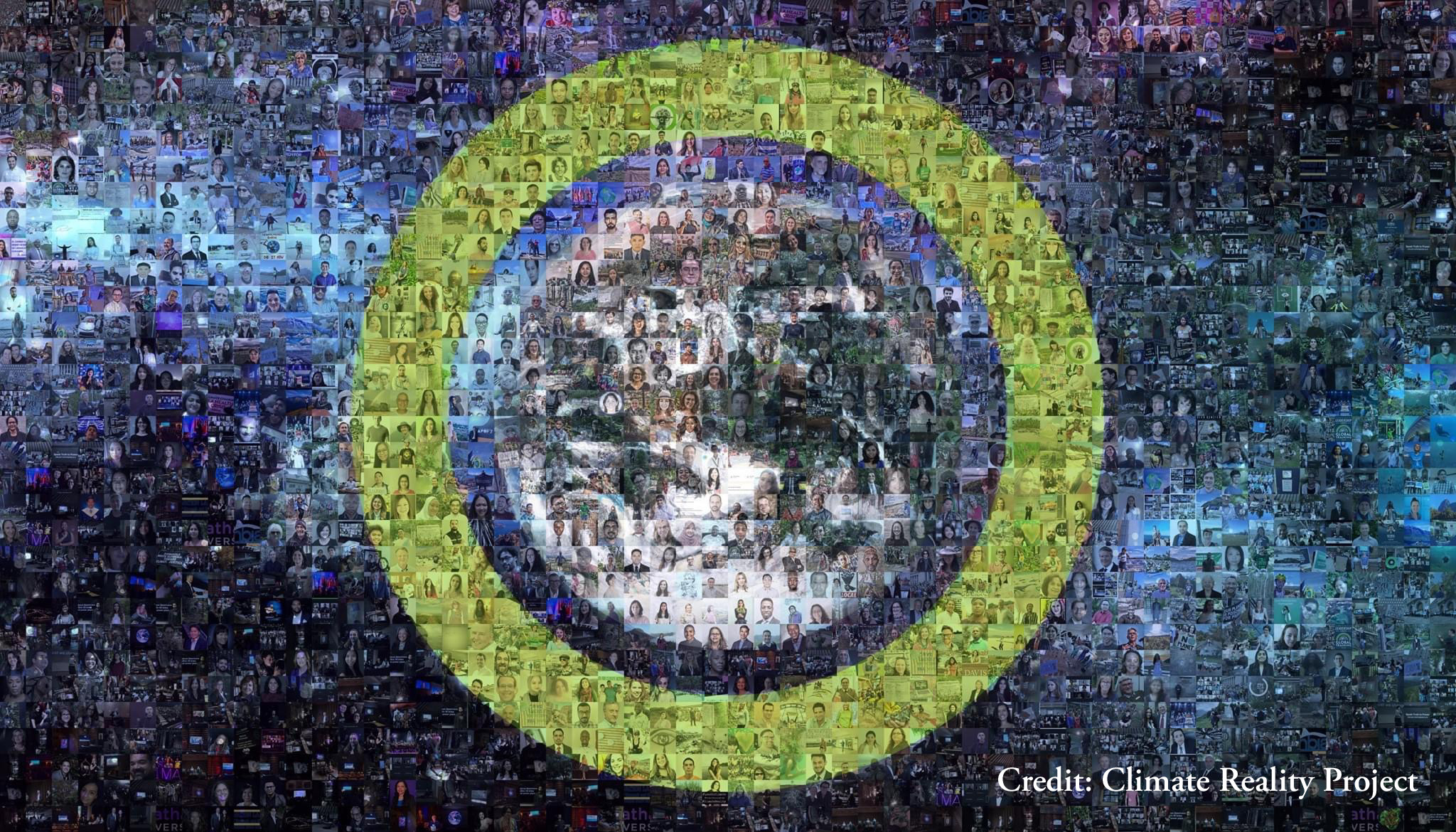Climate change has always been a divisive and controversial issue, despite the overwhelming evidence indicating it is not only real, but that it presents an imminent threat to our survival. The Intergovernmental Panel on Climate Change (IPCC) is a UN body dedicated to providing the world with objective scientific information to understand the risks of human-induced climate change. The IPCC reports that 1983–2013 was likely the warmest 30-year period over the previous 1,400 years, sea levels are rising, Arctic ice cover is shrinking, the ocean has become 26% more acidic, and greenhouse gases in the earth’s atmosphere have increased to levels unprecedented in 800,000 years.
People around the world are witnessing the impacts of climate change right before their eyes. In Cape Cod, Massachusetts, commercial fisherman Kurt Martin has been keeping logbooks for more than two decades. He has observed the changing conditions in our oceans, including higher water temperatures, fewer foggy days, and different types of fish (Nature.org). In the book Field Notes From a Catastrophe (2006), author Elizabeth Kolbert explores how the Alaskan town of Shishmaref had to be relocated on account of its increasing vulnerability to storm surges. Brian Ettling, a park ranger at Crater Lake National Park in Oregon for more than 20 years, says there’s less snow in the park than there used to be and the lake is getting warmer (Yale Climate Connections). Nearly 5,000 miles away in the Pacific nation of Kiribati, Ioane Teitiota says sea level rise has contributed to a lack of freshwater and increasing salinity that have made it difficult to grow crops, causing serious health issues for him and his family. Kiribati is considered one of the countries most threatened by rising sea levels, and Teitiota expects the island to be uninhabitable within the next decade (The Guardian).
Given the amount of data from some of the world’s leading scientific experts, and the firsthand personal accounts of climate change impacts, why is this still a controversial topic?
Millions of dollars and an entire industry have been constructed to dismantle the legitimacy of climate science. In the book Merchants of Doubt (2010), historians Naomi Oreskes and Erik Conway explain how a group of scientists with extensive political connections effectively misled the public by denying well-established scientific knowledge related to global warming and a number of other public health threats over four decades. According to a study published in the journal Climatic Change (2013), the climate change counter-movement is made up of conservative think tanks that have an average annual income of over $900 million, and they use some of that money to raise doubts about climate change in the public and political realms.
The rich and powerful who spend millions spreading uncertainty about climate change are focused on protecting their own short-term economic interests, but they fail to recognize that their business, wealth, and lifestyle would be better protected by mobilizing their vast resources to prevent climate change. Thankfully, there is a shift occurring in which many industries that have historically been in denial of climate change are coming to terms with the inevitable reality we now face, and they are using their influence to bring about solutions.






